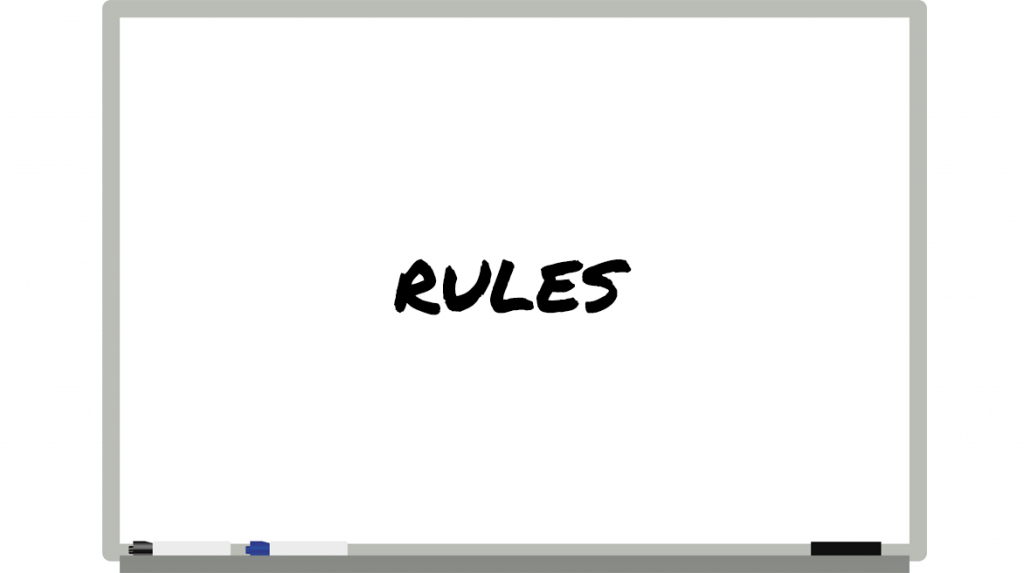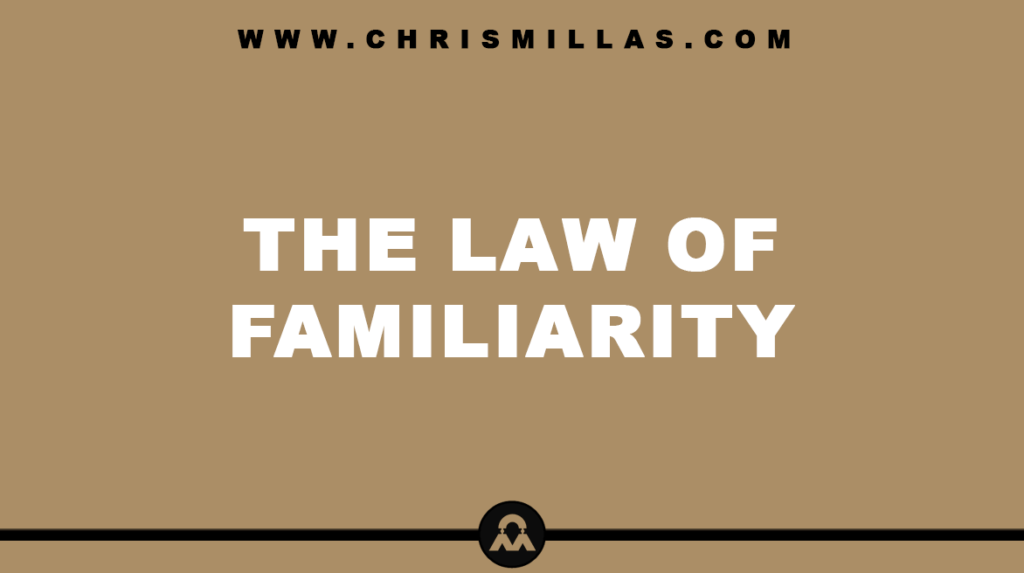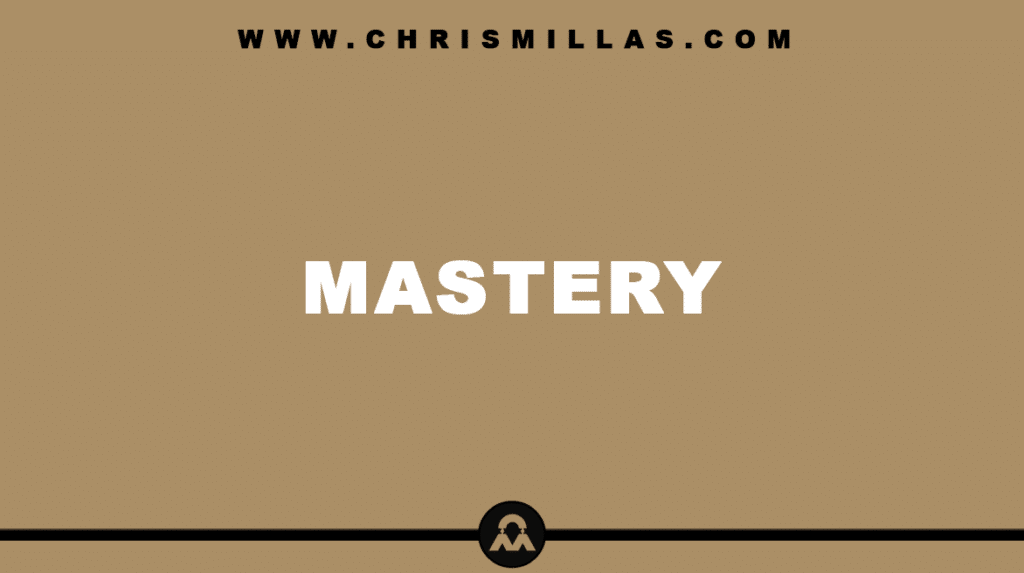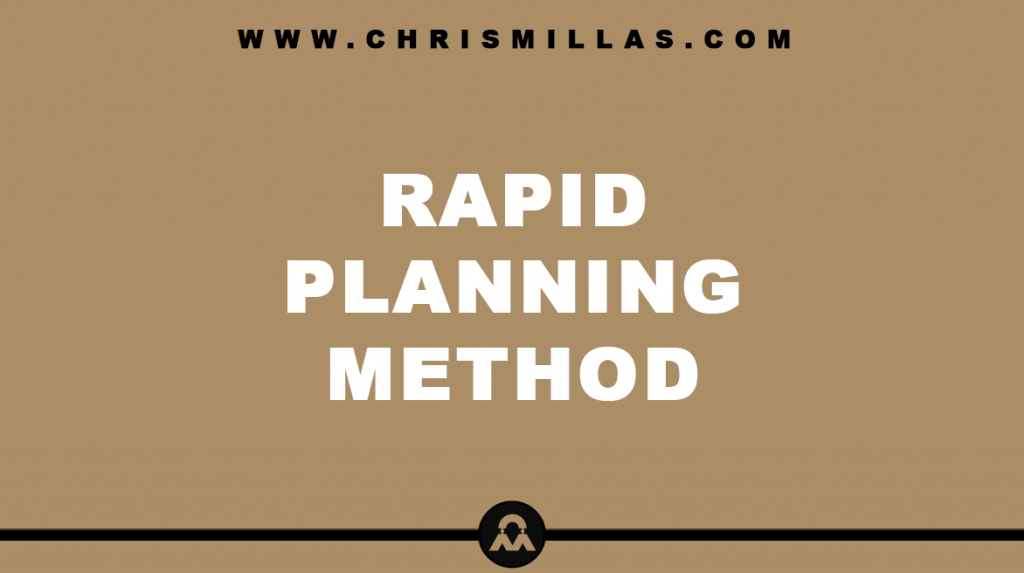In this post, we’ll unpack all you need to know about rules, defining exactly what they are, how they impact us, the science behind them, how to leverage them and more.
What Are Rules?
Rules refer to learned patterns or principles. They operate as mental shortcuts so our brain can quickly and efficiently determine the consequences of our actions.
Their Role
Rules help the brain predict whether actions will lead to either pain or pleasure based on past experiences. For example, if touching a hot stove in the past led to pain, the brain establishes a rule linking the act of touching hot surfaces to painful consequences.
Rules also guide our decisions about which behaviours to utilise in order to achieve our values. For example, if an individual considers honest as one of their values, then the brain establishes rules that deter lying and promote truth-telling.
How They Influence Your State
Rules profoundly influence how we perceive, experience and interact with the world around is.
Our rules determine what makes us happy and what makes us sad ― when X = Y I’m happy. However, the more rules we create about what needs to happen for us to be happy, the less happy we’re going to be. In fact, the truth is, nothing has to happen in order for us to feel good. You can feel good at any moment.
For example, let’s imagine you make £1million. The £1million isn’t what makes you happy. What makes you happy is the rule you created that said “When I hit £1million I will give myself permission to be happy.”
When you reach that goal, you send a signal to your brain that creates the biochemistry necessary to cultivate the experience you call “happiness” (pleasure).
Similarly, we all have a set of rules for how we define success. For one person, their definition of success is to be a millionaire. For another person, their definition of success is simply being alive. Who do you think is going to experience more pleasure?
The Science
There is a part of your brain called the Reticular Activating System (RAS) that acts as a filter so that only information that supports and validates your rules is delivered to your conscious mind. In other words, you are only aware of the things that are consistent with your rules.
Depending on what your rules are, they can either help or hinder you based on what you’re filtering in and out from your experience.
How To Leverage Them
The key to leveraging rules is to consciously and thoughtfully create those that align with your goals and the life you desire. To do this, we can ask the question: What rules do I need to achieve my goals and the life I desire?”
You must ensure that you create rules that are achievable based on things you can control. You want to make it incredibly easy to experience pleasure and incredibly difficult to experience pain.
Furthermore, you can also take things a step further by uncovering the rules of others so you know what you need to do so that they do experience pleasure and what you need to avoid so they don’t experience pain.
When we are able to successfully leverage them, we become the Masters of our Destiny instead of Slaves to our Fate.
“We can let circumstances rule us, or we can take charge and rule our lives from within.” ― Earl Nightingale
Summary
Rules operate as shortcuts so that the brain can quickly and efficiently determine the consequences of our actions. They determine what leads to pain and what leads to pleasure and help guide our behaviour in order to achieve our values.
The key to leveraging them is to create those that align with your goals and the life you desire whilst ensuring that they make it incredibly easy to experience pleasure and incredibly difficult to experience pain.







